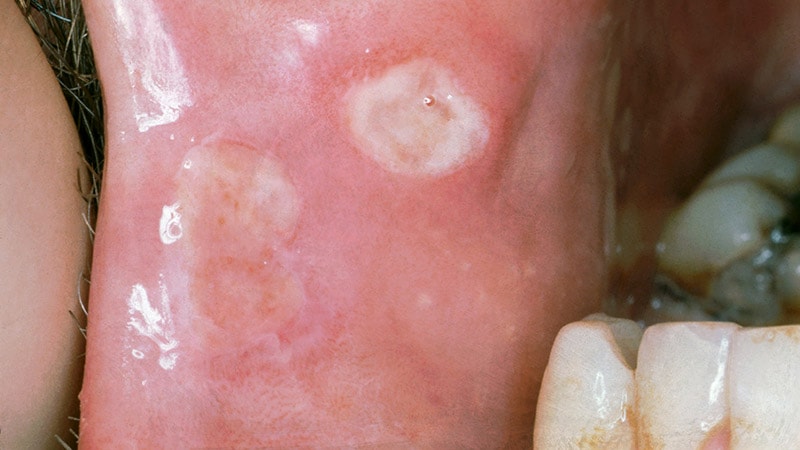The Information Services Division Scotland recently published the latest statistics on babies affected by serious anomalies among pregnancies ending up to 2017. A national congenital anomaly register called the Congenital Anomalies and Rare Diseases Registration and Information Service for Scotland will start registering anomalies from 2021 onwards.
Key points from the report are as follows:
- In 2017, 1640 babies were identified with a serious congenital anomaly among all pregnancies in Scotland. This translates to a rate of 308.4 per 10,000 total (live and still) births.
- Eighty-one per cent of affected babies were live births. This means 1 in 40 babies born alive in 2017 had a serious congenital anomaly.
- Congenital heart defects were the most common group of anomalies (84.3 per 10,000 total births).
- The most common anomaly determined through the antenatal screening programme was Down syndrome (15.8 per 10,000 total births).
- Babies born to older mothers had a higher rate of anomalies resulting from an underlying genetic problem, whereas babies born to younger mothers more commonly had other anomalies.
- Among live births, anomalies were more common in boys (292.3 per 10,000 births) than in girls (202.3 per 10,000 births) and also more common in multiple pregnancies (307.5 per 10,000 births) than in singletons (247.8 per 10,000 births); however, there was no statistical significance to the difference between multiples and singletons.
References
References


